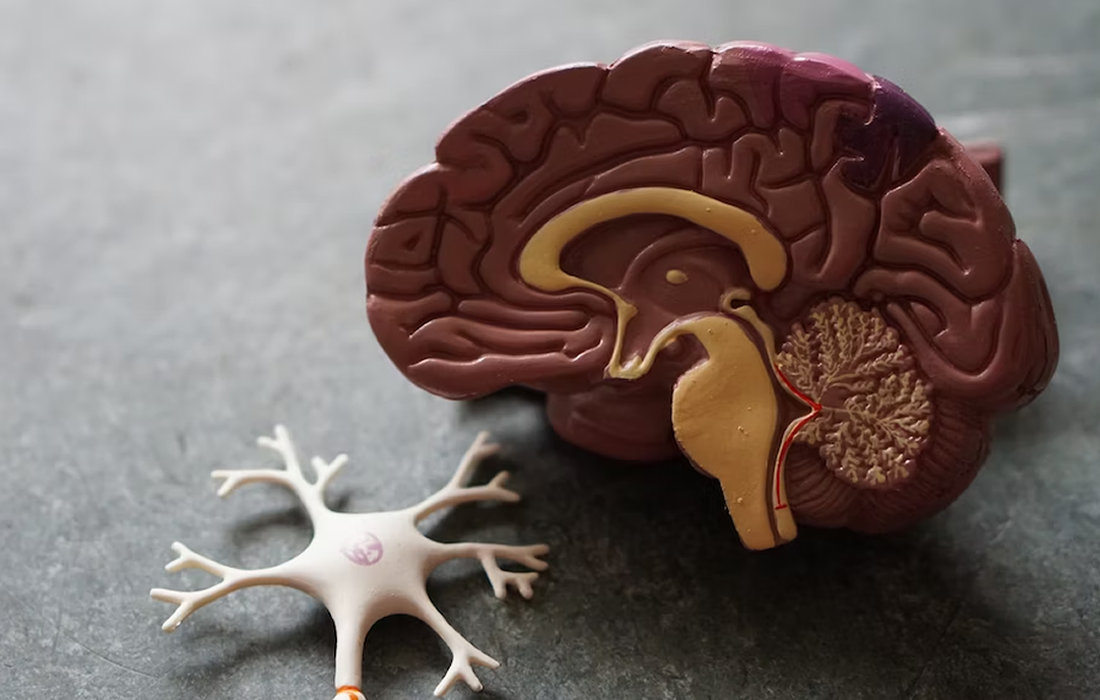Regenerative Medicine News and General Information
Applying AI for Early Risk Forecasting of Alzheimer’s Disease
AD, which affects over 50 million people worldwide, is a fatal disease that involves cognitive dysfunction and the loss of brain cells. Its symptoms include progressive memory loss as well as impaired movement, reasoning, and judgment.
An international research team led by the Hong Kong University of Science and Technology (HKUST) has developed an artificial intelligence (AI)-based model that uses genetic information to predict an individual’s risk of developing Alzheimer’s disease (AD) well before symptoms occur.
This groundbreaking study paves the way for using deep learning methods to predict the risks of diseases and uncover their molecular mechanisms; this could revolutionize the diagnosis of, interventions for, and clinical research on AD and other common diseases such as cardiovascular diseases.
Researchers investigated whether AI — specifically deep learning models — can model AD risk using genetic information. The team established one of the first deep learning models for estimating AD polygenic risks in both European-descent and Chinese populations. Compared to other models, these deep learning models more accurately classify patients with AD and stratify individuals into distinct groups based on disease risks associated with alterations of various biological processes.
In current daily practice, AD is diagnosed clinically, using various means including cognitive tests and brain imaging, but often when patients are showing symptoms, it is already well past the optimal intervention window.
Therefore, early forecasting of AD risk can greatly aid diagnosis and the development of intervention strategies. By combining the new deep learning model with genetic testing, an individual’s lifetime risk of developing AD can be estimated with more than 70% accuracy.
AD is a heritable disorder that can be attributed to genomic variants. As these variants are present from birth and remain constant throughout life, examining an individual’s DNA information can help predict their relative risk of developing AD, thereby enabling early intervention and timely management.
While FDA-approved genetic testing for the APOE-?4 genetic variant can estimate AD risk, it may be insufficient to identify high-risk individuals, because multiple genetic risks contribute to the disease. Therefore, it is essential to develop tests that integrate information from multiple AD risk genes to accurately determine an individual’s relative risk of developing AD over their lifetime.
“Our study demonstrates the efficacy of deep learning methods for genetic research and risk prediction for Alzheimer’s disease. This breakthrough will greatly accelerate population-scale screening and staging of Alzheimer’s disease risk. Besides risk prediction, this approach supports the grouping of individuals according to their disease risk and provides insights into the mechanisms that contribute to the onset and progression of the disease,” said Prof. Nancy Ip.
Sources:
Xiaopu Zhou, Yu Chen, Fanny C. F. Ip, Yuanbing Jiang, Han Cao, et al. Deep learning-based polygenic risk analysis for Alzheimer’s disease prediction. Communications Medicine, 2023; 3 (1) DOI: 10.1038/s43856-023-00269-x
Hong Kong University of Science and Technology. (2023, June 7). Applying artificial intelligence for early risk forecasting of Alzheimer’s disease. ScienceDaily. Retrieved June 19, 2023 from www.sciencedaily.com/releases/2023/06/230607124033.htm
Image from: https://unsplash.com/photos/IHfOpAzzjHM

